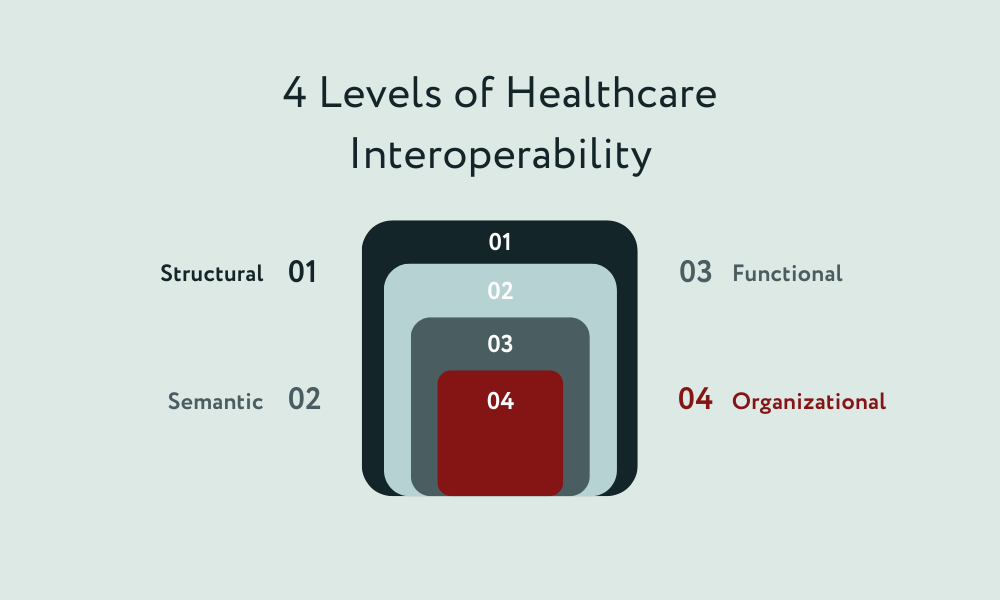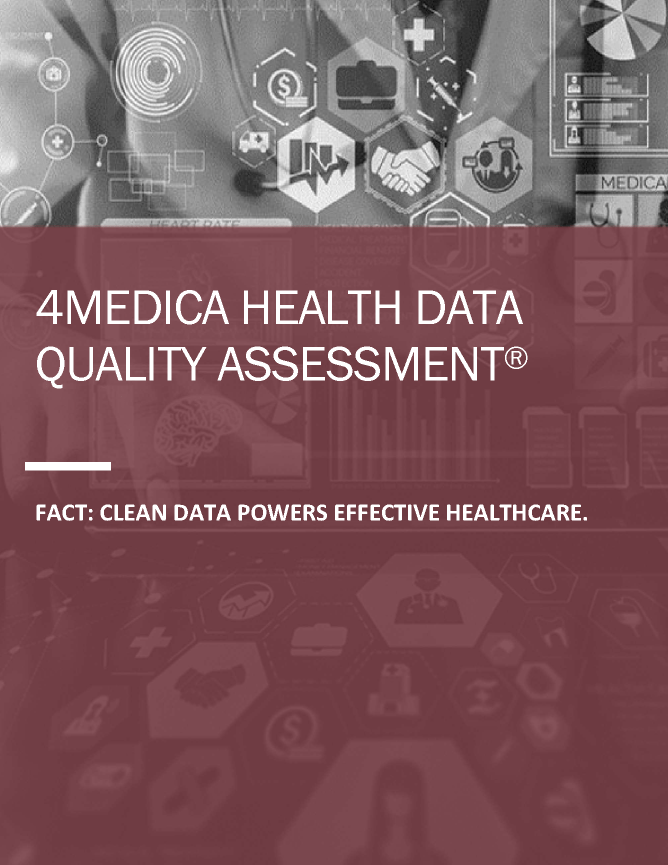What is interoperability in healthcare?
Interoperability in healthcare refers to the ability of different health information systems, devices, and applications to exchange and interpret data in a meaningful and standardized way. It aims to ensure that patients’ health information can be accessed and shared securely and efficiently across various care settings, such as hospitals, providers, health clinics, health information exchanges, laboratories, imaging centers, and health plans.
Interoperability enables providers to access comprehensive health information about their patients, reducing the risk of medical errors and improving the quality of care. It also helps patients have more control over their health data and enables them to share it with different providers as needed.
Healthcare interoperability is a complex issue, involving multiple stakeholders and technical, semantic, and organizational challenges. Nevertheless, it is considered a critical enabler for achieving a more patient-centered, coordinated, and efficient healthcare system.
What are the levels of interoperability in healthcare?
The four levels of health data interoperability, as defined by the Healthcare Information and Management Systems Society (HIMSS) Board, are:
Structural Interoperability: This level refers to the basic technical infrastructure and the standards for exchanging data between systems, such as common data formats, messaging standards, and transport protocols.
Semantic Interoperability: This level refers to the meaning of the data being exchanged, including the use of common terminologies and codes to represent data elements, such as diagnoses, medications, and procedures.
Functional Interoperability: This level refers to the ability of systems to perform specific functions, such as exchanging and retrieving data, processing orders, and generating alerts.
Organizational Interoperability: This level refers to the processes, policies, and agreements that support the exchange of data between organizations, such as privacy and security protocols, data governance and management policies, and business agreements.
These four levels of interoperability provide a comprehensive framework for understanding the various technical, semantic, and organizational challenges involved in achieving health data interoperability. Achieving interoperability at all four levels is essential for realizing the full benefits of health information technology and enabling the seamless exchange of health information across the healthcare system.
What are the barriers to interoperability for medical records?
There are multiple barriers that impact interoperability when dealing with medical records, including:
Technical Challenges: Interoperability requires the use of common data standards and protocols for exchanging information, which can be difficult to implement and maintain across different systems.
Semantic Challenges: Different systems may use different terminologies and codes to represent the same data, leading to semantic inconsistencies and miscommunication.
Organizational Challenges: Healthcare organizations may have different incentives and priorities for sharing data, and there may be legal, financial, and privacy concerns that need to be addressed.
Cultural Challenges: Different healthcare organizations may have different cultures, practices, and ways of working, which can affect the willingness and ability of providers to share information.
Data Quality Issues: Interoperability relies on the quality of the data being exchanged, and ensuring that data is accurate, complete, and up to date can be a challenge across disparate health systems.
Data Security and Privacy Concerns: Ensuring the secure and confidential exchange of sensitive health information is a major concern for providers and patients, and requires robust security and privacy measures to be in place.
What are ways to improve healthcare interoperability?
There are several ways to improve healthcare interoperability:
Adoption of common data standards: By using common data standards, EHR systems can more easily exchange information with one another.
Use of Application Programming Interfaces (APIs): APIs allow EHR systems to communicate with one another in a more structured and secure manner.
Implementation of a common data exchange platform: A centralized platform for data exchange can facilitate the sharing of information between EHR systems.
Encourage the use of common data models and terminologies: By using common data models and terminologies, EHR systems can more easily understand the information being shared.
Implement policies and regulations that promote interoperability: Governmental and industry bodies can implement policies and regulations that mandate the use of certain standards or technologies to promote interoperability.
Adoption of Common Clinical Data Architecture (CCDA): CCDA is a standard format for clinical documents, which enables the exchange of clinical documents between different EHRs.
Why choose 4medica as your health data quality and interoperability partner?
Healthcare organizations often struggle with high duplication rates when using their outdated EMPI software and data management procedures. However, relying on technology alone fails to address the complex requirements of data-sharing, real-time interoperability, patient safety, and financial challenges caused by mismatched identities.
At 4medica, we offer more than just patient matching technology. With over 25 years of experience in healthcare data management, our team of experts provide all the knowledge needed to implement a comprehensive Health Data Quality Platform. This platform provides end-to-end solutions, including distributed data analytics across multiple user interfaces. This empowers users with actionable data that can be accessed when and where they need it most.
Partnering with 4medica means equipping your organization with the tools and expertise necessary to navigate the complex healthcare landscape while maintaining a focus on delivering quality care. Join us in our mission to transform healthcare data quality and ensure a patient-centric approach to healthcare delivery.

